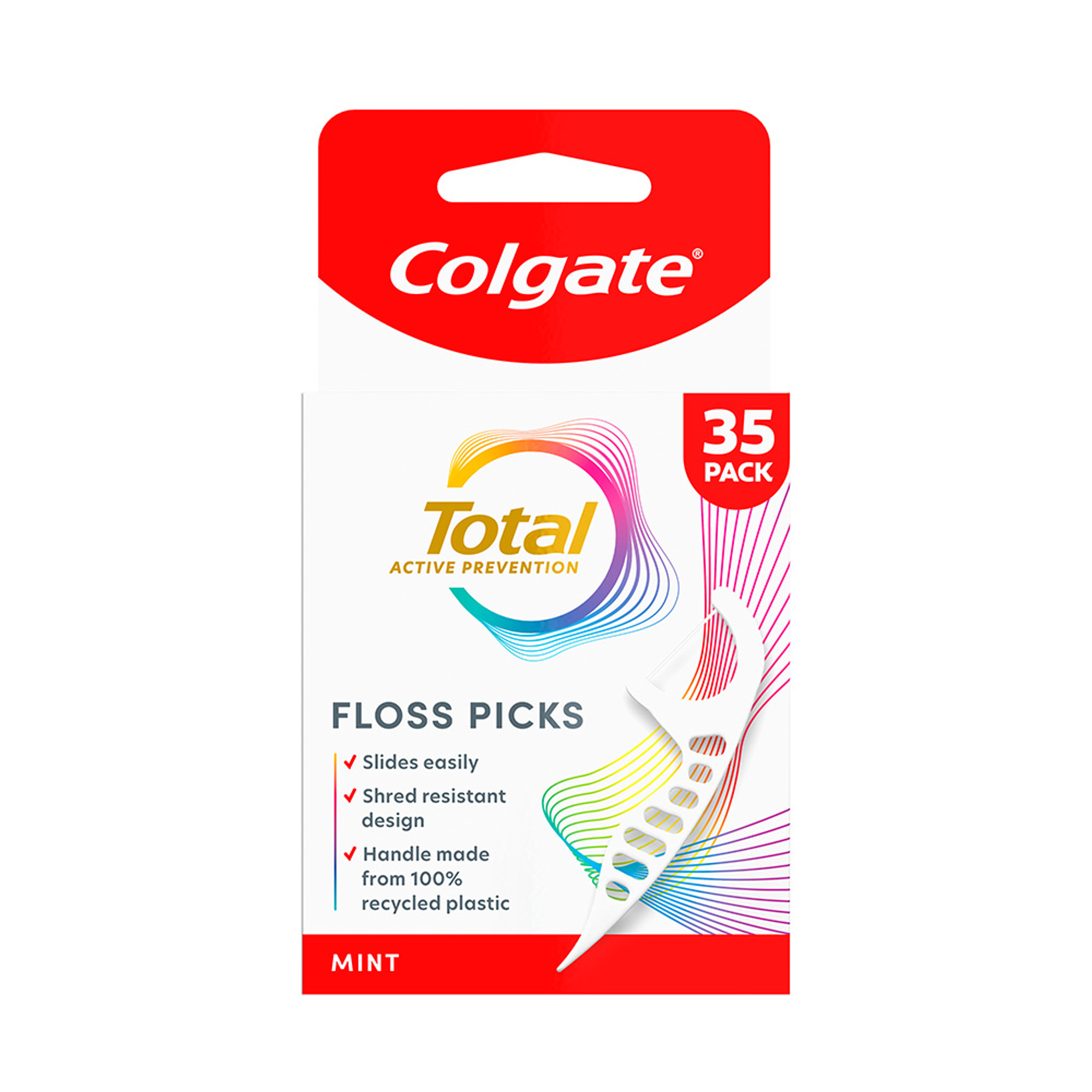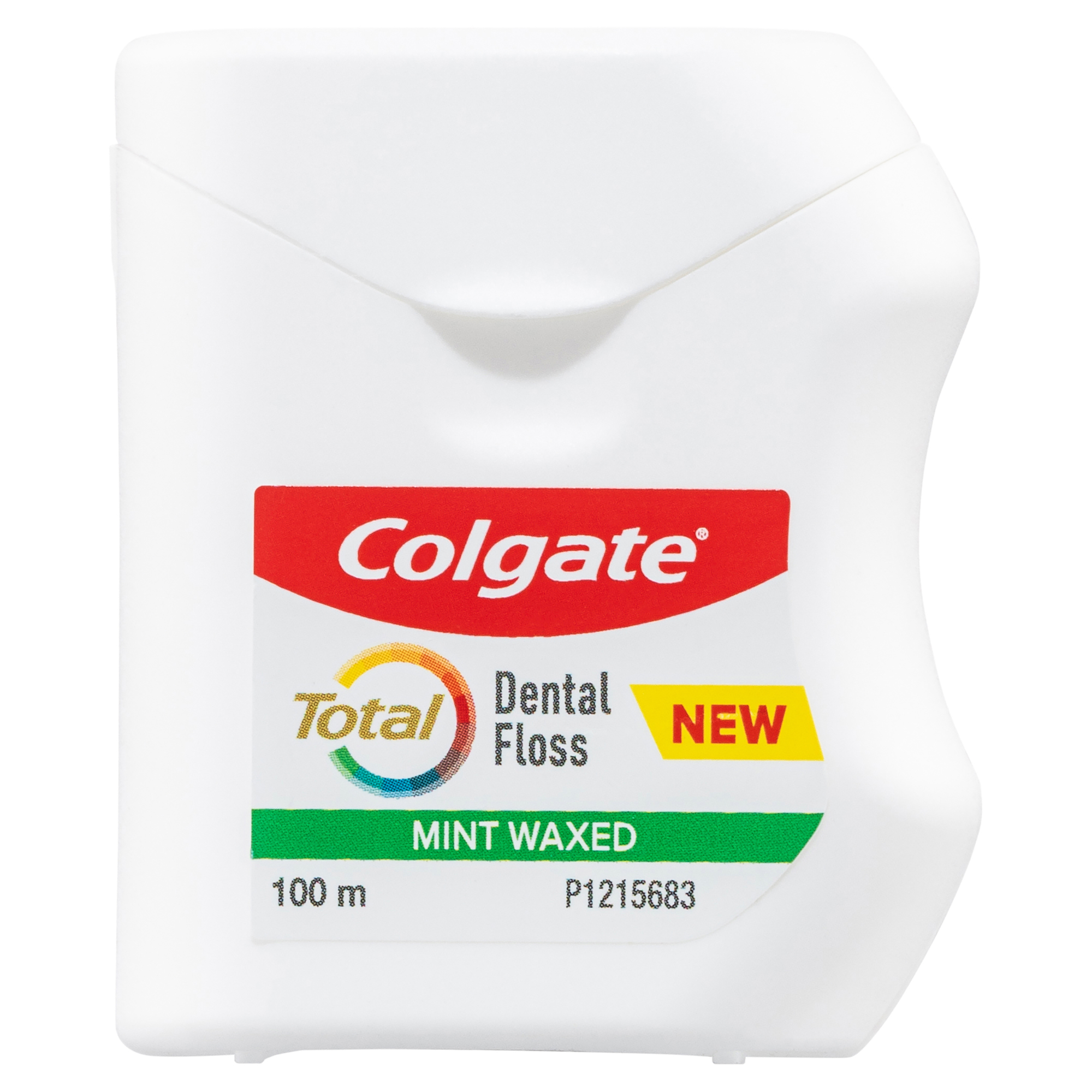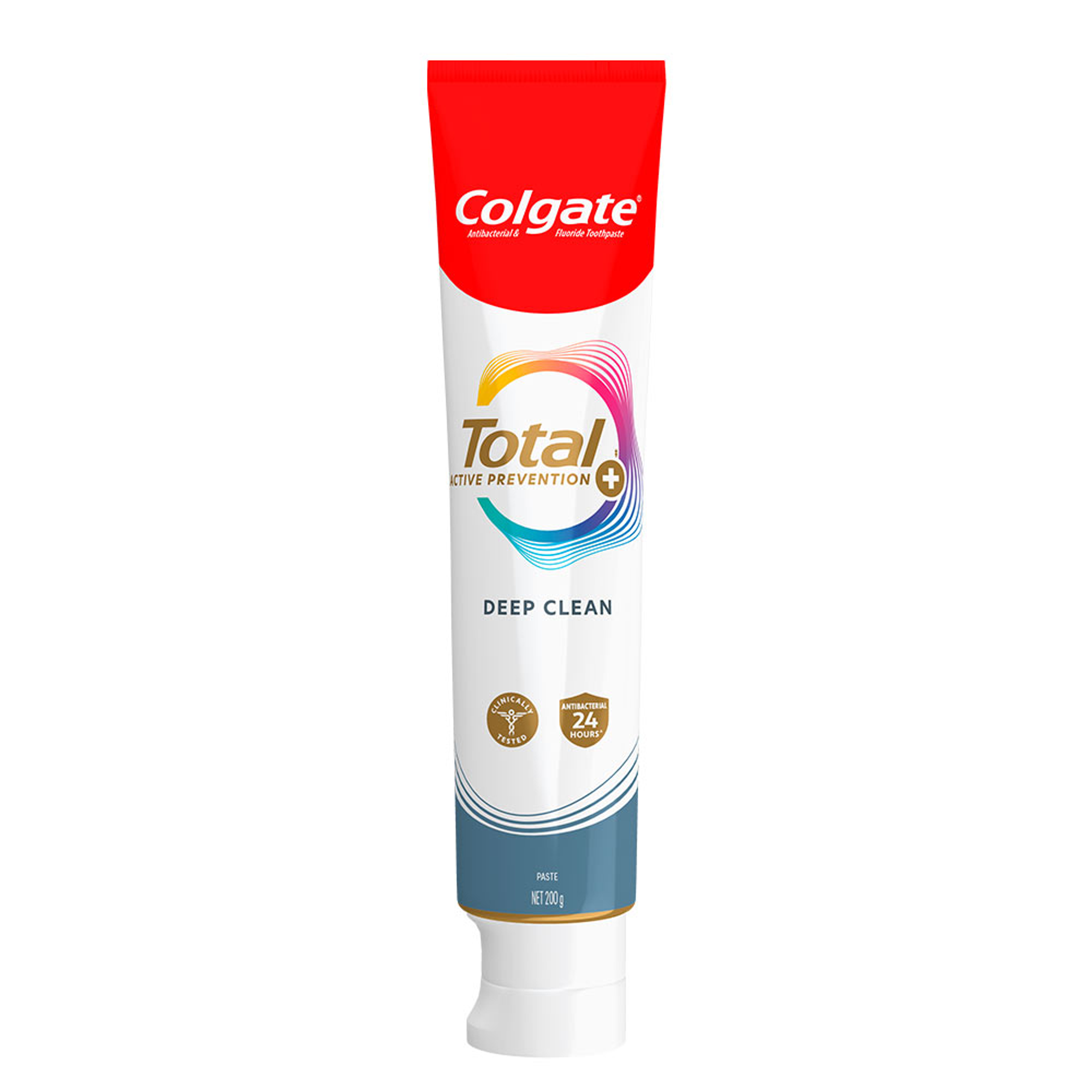-
-

BRUSHING & FLOSSING
How to BrushWhat Is the Right Way to Brush?
Proper brushing takes at least two minutes — that's right, 120 seconds!...

BRUSHING & FLOSSING
How To FlossWhat is the Right Way to Floss?
Proper flossing removes plaque and food particles in places where a toothbrush cannot easily reach... -
Science & Innovation
- Home
- Oral Health
- Cavity Symptoms: How to Detect Cavity & Tooth Decay


You bite down and feel a slight twinge in your mouth. Should you wait and hope it goes away or make an appointment with your dentist?
If you have any signs or symptoms of a cavity, it's time to get your teeth professionally checked. Learn which cavity symptoms and signs to look out for and why maintaining regular dental visits and practicing preventive care is key for your health.
Cavity prevention benefits your health.
According to The National Study of Adult Oral Health, a collaboration between the University of Adelaide and various public health bodies, one in three Australians over 15 years old has untreated tooth decay.
Health Direct explains that a cavity is a hole that forms in the tooth as a result of tooth decay. It happens when plaque — a sticky layer of bacteria — builds up in the mouth and creates harmful acids that damage the teeth.
You can have tooth decay that hasn't yet broken through the tooth surface to form a cavity. At this stage, the decay can be stopped or even reversed before a cavity forms. However, decay at this early stage is hard to detect by yourself, and once a cavity has developed, you will likely need to have a filling.
That's why it's so important to catch tooth decay early with regular dental visits! Your dental professional can spot the signs of early decay and take action quickly -- before it turns into a cavity that requires treatment.
Types of cavities
The University of Adelaide explains that there are two types of cavities, also known as caries.
- Coronal cavities form on the crown of your tooth, the part you can normally see above the gum line. These can occur on the smooth surfaces of the tooth crown, or in the pits and fissures (grooves) of the biting surfaces.
- Root cavities form at the root of your teeth, the part that's normally hidden beneath the gums. Note that sometimes, part of the tooth root is exposed and visible, e.g. if your gums are receding, but cavities in this area are still root cavities.
The University of Adelaide notes that age is a risk factor for root cavities, with older people more likely to have root decay. This may be partly because older people are more likely to have gum recession and exposed tooth roots.
Cavity symptoms and signs
Though it can be common for people to experience a toothache from a cavity, particularly when decay has processed, there are other signs and symptoms, that can indicate that a cavity has begun to form. According to Health Direct, other common cavity symptoms and signs include:
- Tooth sensitivity (e.g. to hot or cold). Staining of the tooth (black, brown or white spots)
- Pain when biting
- Red and swollen gums
- Swollen face
How and when to treat a cavity
Even before you suspect that you have a cavity, you'll want to maintain regular dental visits. Health Direct explains that this can help to detect tooth decay and other problems early. A simple fluoride treatment may be all that's needed to prevent decay if a cavity hasn't yet formed, potentially saving you from pain and restorations later on.
If you do have a cavity, you cannot treat the condition on your own, and putting it off will only allow the decay to further develop. Tooth decay can sometimes require a filling, a root canal, or even extraction, but the Australian Dental Association says that this may not be necessary if you catch tooth decay as early as possible.
Your dental professional is your partner in oral care, so make an appointment with them as soon as possible if you believe you have cavity symptoms. The earlier you see your dental professional, the better chance you have to stop decay in its tracks. A proactive approach and a timely appointment can make all the difference!
Related Articles

We know that dairy keeps your bones strong and healthy, but is milk good for your teeth? The answer is a resounding yes, and here's why.

You take your child to their dental appointment, expecting smiles all around and a clean bill of health.

A dry mouth spray may be good option if you need short-term relief of dry mouth. Learn how sprays work and what you can do for longer-term solutions, here.
This article is intended to promote understanding of and knowledge about general oral health topics. It is not intended to be a substitute for professional advice, diagnosis or treatment. Always seek the advice of your dentist or other qualified healthcare provider with any questions you may have regarding a medical condition or treatment.
Related Products

Helping dental professionals
More professionals across the world trust Colgate. Find resources, products, and information to give your patients a healthier future








